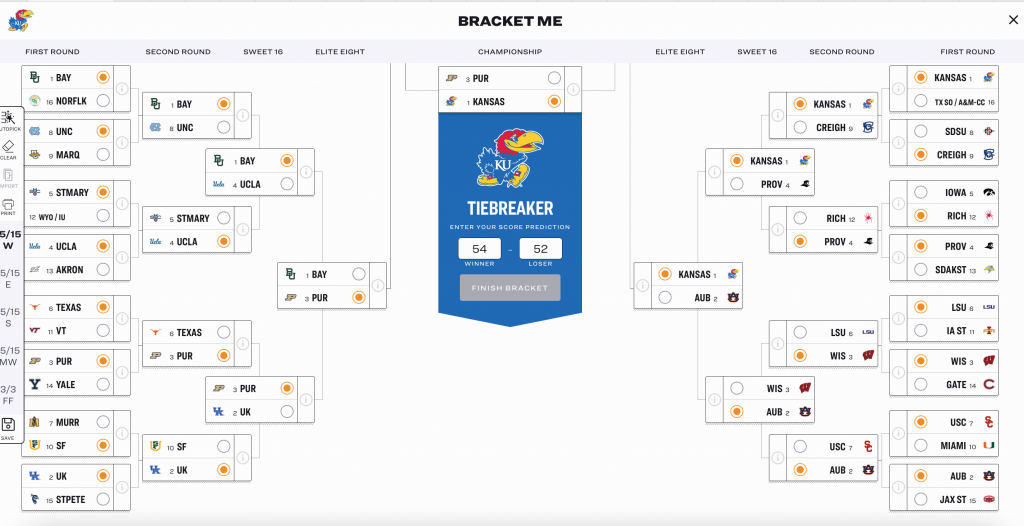Happy Thursday, TTN readers! Kiss me, I’m Irish! I’m on with Mark Starling, John, and the First News 570 crew. This week’s top tech stories: Apple prevents upgrades for Mac Studios, video game history has come under threat, and hide your wife, hide your kids, and lock your digital stuff. You can listen to Mark and I point and laugh while talking about the wild and crazy technology world every Thursday morning, LIVE at 6:43am Eastern by tuning into WWNC on the iHeartRadio app.

APPLE LOCKS OUT USER UPGRADES ON NEW MAC STUDIO
Apple has been crushing it these last few years. Every iPhone, iPad, aWatch, and iMachine have delivered crushing revenues for the company. With every new success it appears Apple is more and more inclined to lock out users from doing…anything. The latest Mac Studio desktop computer has impressive specs. Apple’s new M1 chip delivers spectacular performance. All of that performance needs storage to make things run and Apple has always been stingy with disk storage. The latest Mac Studio ships with a removable solid state drive. Fans rejoiced thinking they could cheaply upgrade the machine by buying a drive with greater storage off the shelf. #Nope! The SSD in new Mac Studios are software locked to the machine. Meaning that you will have to go to Apple for more space and pay hundred more than an off the shelf drive.
PRESERVATIONISTS AND LAWYERS FIGHT OVER VIDEO GAME HISTORY
Right now, you can download emulators for your favorite old school consoles of lore and download ROMs (read only memory) files of your favorite old games. If you wanted to play Sonic the Hedgehog, there’s an app and ROMs for you to download. If you wanted to play Super Mario Brothers 3, there’s an app and ROMs you can download. Preservationists at the Museum of Art and Digital Entertainment and the Video Game History Foundation are battling over the legality of preserving digital games for the masses. What’s at issue is Digital Rights Management (DRM) technology used to prevent erroneous copies from leaking to would be players. The law is well established for making copies of copyrighted work for non-commercial and research purposes like displaying games at museums. This is usually called fair use. The problem is that Section 1201 of Copyright Law prevents people from circumventing piracy protection measures and is illegal to do so. Therefore, preservationists are running afoul of the law for every cracked CD or hacked digital download they preserve. Preservations are fighting back and testing the law so that people can view and enjoy games in a control setting for posterity.
COMMENTARY: US FEARFUL OF RUSSIAN CYBER ATTACKS
It hasn’t happened yet, but the signs are there. The US government has called for an increased cyber security precautions and for people and institutions to lock their digital doors by raising the alarm of potential cyber attacks from Russia. Russia of course is saying the US if Russophobic, but Russian cyber operators are some of the best in the world and well equipped. Russia has used Ukraine as a testing ground for its cyberwarfare operations by knocking out power inside the country and we’ve attacks on the Colonial Pipeline company’s operations, and the NotPetya attach causing $10 billion of damage.
On a sad note, Stephen Wilhite, creator of the GIF image, died yesterday. He was 74 years old and had died of COVID. GIFs were created for the old and venerable CompuServe network and is now used everywhere for animations, emojis, memes, and everywhere. He’s the authority on settling the longstanding controversy of how to pronounce GIF. He says it’s pronounced JIF.



